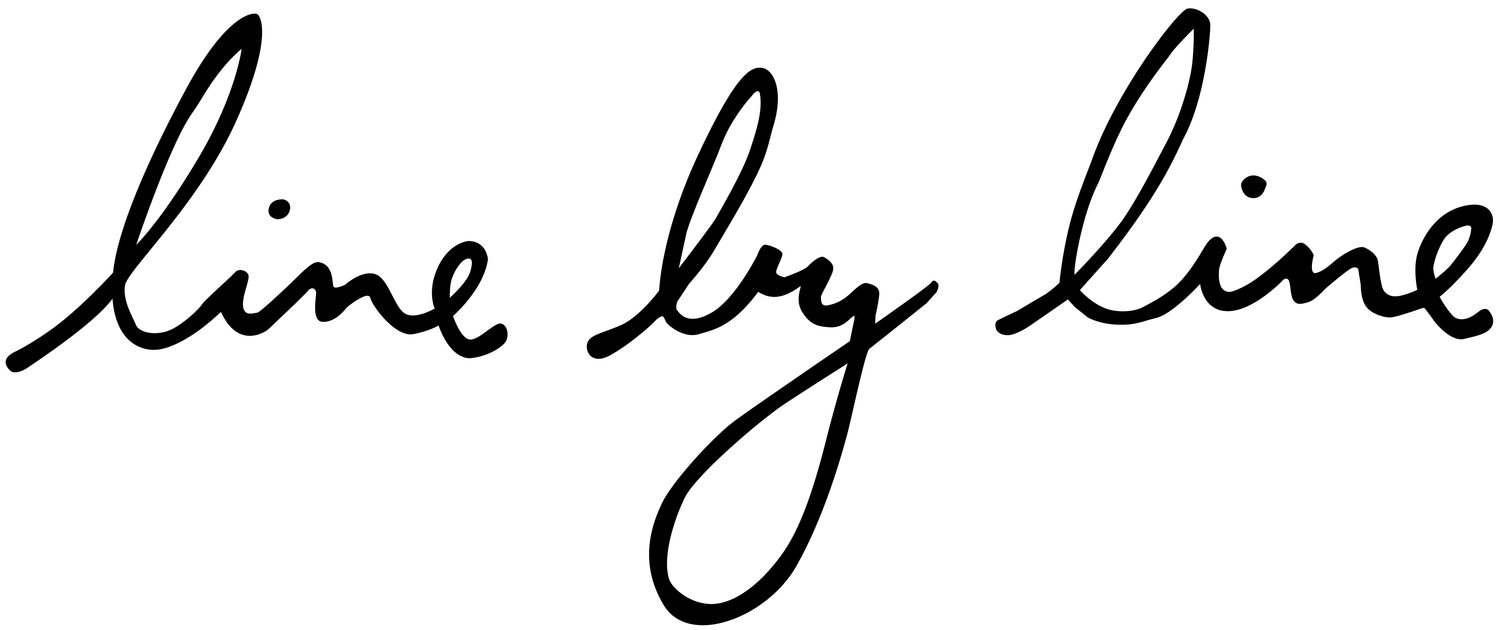The Operating Theater
Amazing acts of service take place everyday in the operating theater aboard the Africa Mercy. Part of my role as a photojournalist is to document the surgeries being covered by the writers. I also have to take shots of operations for the medical departments training.
Chief Medical Officer and Maxillo Facial surgeon Dr. Gary Parker (pictured above left) with two other surgeons operate on a 16 year old Nigerian girl. I watched as they removed a large maxillar (upper jaw region) tumor and a grapefruit sized mandible (lower jaw region) tumor from the patients face. Originally he came to serve on Mercy Ships for three months. He stayed for 25 years. During this time he met his wife, raised a family and performed countless life changing surgeries aboard Mercy Ships. With all of his field experience, Dr. Gary is one of the humblest, kindest people you could know.
Dr. Gary Parker, (Left) starting surgery
Anesthetist Claus-Jorg Scharnofske (Germany, right) and Thomas Deboukouna (Togo, left) begin the anesthesia process with a goiter patient.
OR nurse Wendy Robinson (U.S., left) and Claus wait monitor the patient prior to surgery.
Dr AJ Collins and Dr. Jeffery Van Gangelen (both from Australia) make incisions to remove the large thyroid tumor from the patients throat.
The ratio of doctors to patients in West Africa is roughly 1 in 20,000. Due to lack of proper care, tumors grow to disproportionate sizes. Medical staff aboard the Africa Mercy receive additional training on how to handle surgeries for such extreme cases that are not found in the western world. The humid temperatures and dusty conditions also change how the nurses approach dressing wounds. Many local doctors also come on board to receive further training so that they can become self sustaining and train future doctors
During surgery I'm focussed on covering the story and in a way the camera separates me from the events unfolding. The slower nature of drawing has enable me to process what I've seen after the fact.
Time in the OR is a testament to the amazing design of the human body; in the operating theater, the greatest act is the power healing and restoration.




